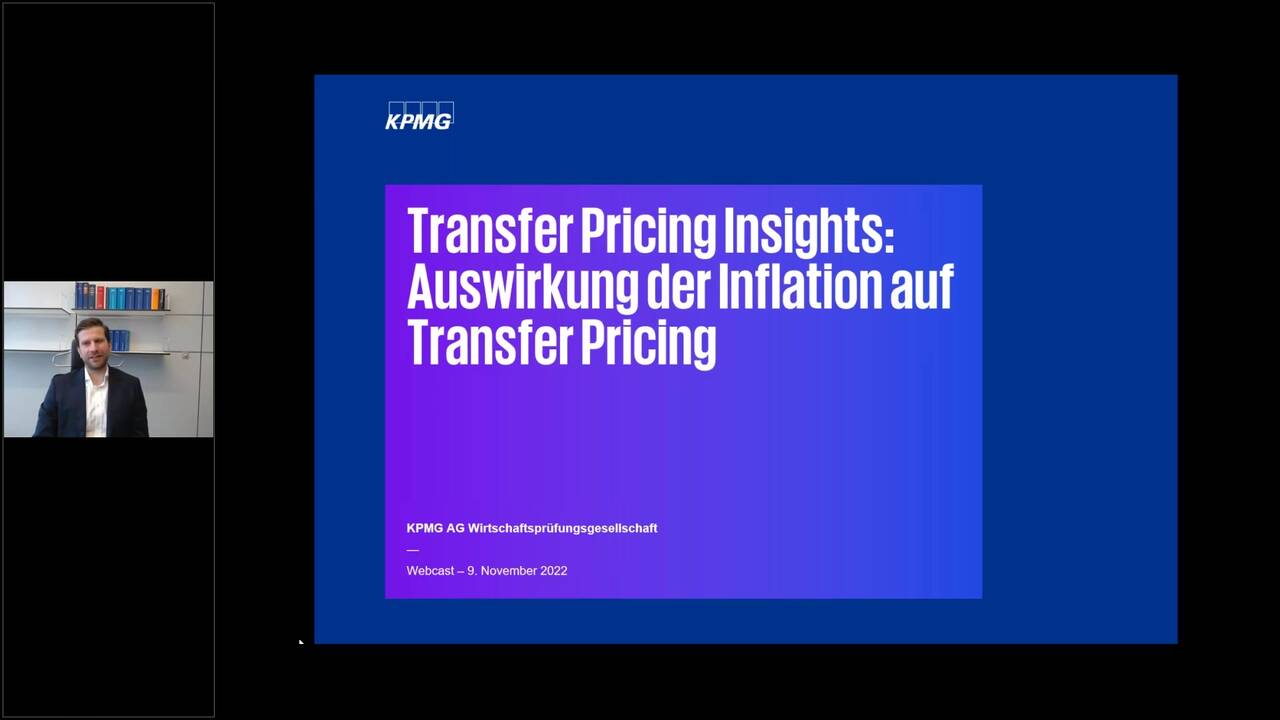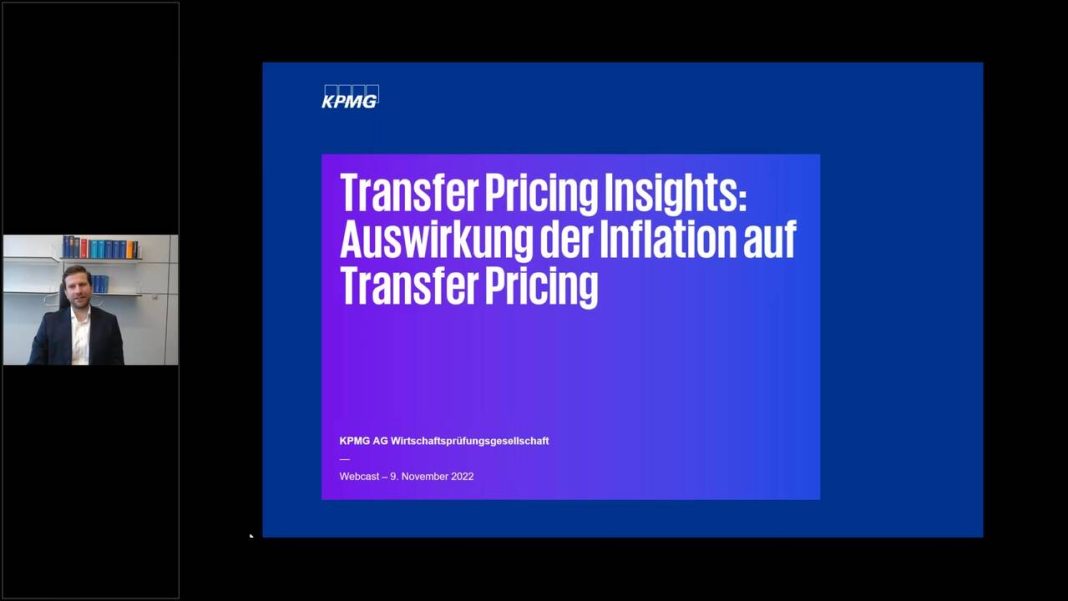 Americans’ concerns about the state of the economy have increased in recent months, particularly regarding price inflation, high interest rates, and unemployment. The University of Michigan’s May “Index of Consumer Sentiment” revealed a significant 13 percent decline in economic sentiment, marking its lowest reading in about six months. This pessimism was observed across various demographics, including age, education, and income groups.
Americans’ concerns about the state of the economy have increased in recent months, particularly regarding price inflation, high interest rates, and unemployment. The University of Michigan’s May “Index of Consumer Sentiment” revealed a significant 13 percent decline in economic sentiment, marking its lowest reading in about six months. This pessimism was observed across various demographics, including age, education, and income groups.
One of the major worries among consumers is the rise in inflation. Expectations of year-ahead inflation increased from 3.2 to 3.5 percent, while long-run inflation expectations rose from 3 to 3.1 percent. These numbers are higher than pre-pandemic levels. Annual inflation has remained above three percent since April 2021, surpassing the U.S. Federal Reserve’s target rate of two percent. In June 2022, inflation even reached a high of 9.1 percent before declining to the current rate of 3.4 percent as of April 2024. Under the Biden administration, the Consumer Price Index (CPI) has risen by over 19 percent.
The impact of high inflation is evident in Americans’ retirement plans. According to a study by Northwestern Mutual in April, Americans now expect to need $1.46 million for a comfortable retirement, which is more than 50 percent higher than pre-pandemic estimates. Gen Z, Millennials, and Gen X have the highest expectations, averaging around $1.6 million each, while Boomers estimate needing around $990,000. Meanwhile, the average amount saved for retirement has decreased by over $10,000 since 2021 to $88,400.
Aditi Javeri Gokhale, chief strategy officer at Northwestern Mutual, attributes the increase in retirement expectations to inflation. She emphasizes the need for disciplined planning and saving to cope with rising costs.
The impact of high prices is also affecting Americans’ financial goals. An alarming 80 percent of respondents in a Credit Karma survey reported experiencing a “cost of living creep,” requiring them to spend more money to maintain their standard of living. This phenomenon has hindered financial goals for 66 percent of respondents, leading to increased debt and an inability to save for retirement or cover everyday expenses.
Inflation has become a prominent issue in the political landscape. A Gallup poll in May revealed that the percentage of Americans considering inflation as the most important problem facing their families reached a new high for the third consecutive year. This year, 41 percent of respondents cited the high cost of living as a top issue, up from 35 percent last year and 32 percent in 2022. This concern was prevalent across income groups, with over 40 percent of upper and middle-income groups highlighting inflation as their primary financial problem.
Former President Donald Trump has weighed in on the issue, describing inflation in America as “rampant.” He criticized President Biden’s handling of the situation and emphasized the need to address it promptly.
President Biden, on the other hand, has acknowledged the seriousness of the inflation problem and made it his top economic priority. He outlined plans to build two million new homes, tackle high drug prices, and urge grocery chains to reduce prices. However, a Gallup poll revealed that only 38 percent of Americans have confidence in Biden’s ability to manage the economy, lower than the confidence Americans had in President Trump during his fourth year in office.
In conclusion, Americans’ concerns about the economy have escalated due to price inflation, high interest rates, and unemployment. Inflation has had a significant impact on retirement plans and overall financial goals. It has become a key election issue, with both former President Trump and President Biden addressing the need to combat inflation. However, confidence in Biden’s ability to manage the economy remains relatively low compared to his predecessors.


